Inspired cast gives Met’s beloved “Magic Flute” a glorious revival
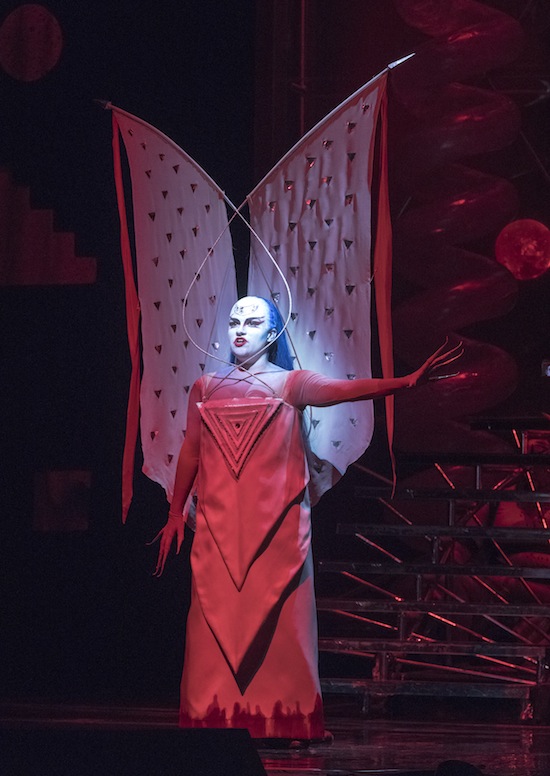
Kathryn Lewek as the Queen of the Night in Mozart’s “Die Zauberflöte” at the Metropolitan Opera. Photo: Richard Termine
Graham Greene once divided his books into two categories: Serious novels and “entertainments.” The latter was self-explanatory and the former referred to books where Greene wrestled with the conflict between Roman Catholic and political moralities; The Power and the Glory as opposed to The Confidential Agent. Yet entertainments like The Confidential Agent were themselves full of deep and often heart-breaking explorations of the human condition.
Those thoughts sprung up Wednesday night at the opening of Die Zauberflöte at the Metropolitan Opera House, and stayed for the duration. This revival of Julie Taymor’s production, which debuted in 2004, has grown only more wonderful, spectacular, and meaningful with the years.
This is because Mozart, like Greene, made pieces that are both entertaining and reach deep into the heart and mind. Mozart dazzles and delights, and while he has your attention, he slips in something that seems both profound and universal, often enlightening, sometimes devastating.
Die Zauberflöte is unsurpassed in this regard, and that is why this production is irreplaceable. It honors Mozart by completely indulging in all the things the composer, and his essential collaborator Emanuel Schikaneder, used to entertain: the magic, the wild beasts, the priests, the mixing of theatrical parts and virtuoso singing, and of course the triumph of love. By doing that, it gives greater meaning and impact to the opera’s messages about humanism and Enlightenment values. While clearly manifest, the more serious overall themes charm in direct proportion to the entertainment that surrounds them.
Fundamentally, this Magic Flute lets Mozart and Schikaneder put their imagination and artistry on display. Taymor’s puppets (designed with Michael Curry), the Hockney-esque costumes, the mix of elements from Kabuki, Chinese opera, and faux-Egyptology, and George Tsypin’s eminently rational circle-in-cube set all give this story about magic all the props and prestidigitation it needs, without any clutter self-conscious revisionism or postmodern irony.
Of course, Die Zauberflöte needs not just singers but versatile performers—so much of the essential narrative, the characterizations, and especially the laughs, comes through spoken dialogue—and the Met also delivered an excellent cast.
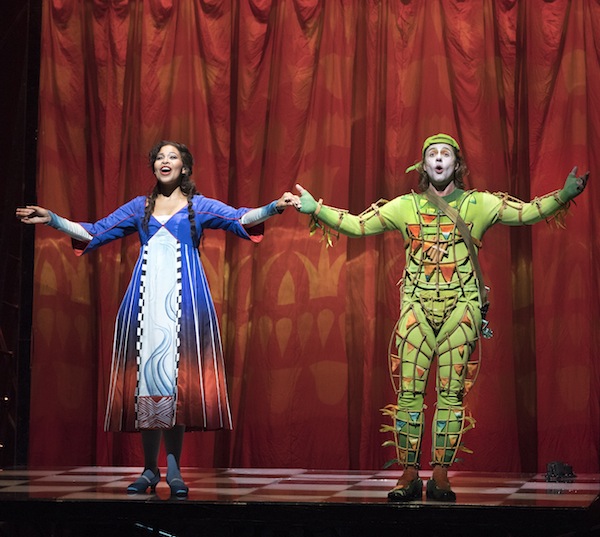
Golda Schultz as Pamina and Markus Werba as Papageno in the Metropolitan Opera’s “Die Zauberflöte.” Photo: Richard Termine
Baritone Markus Werba clearly loved playing Papageno, which gives a singer the chance to break out of conventions of the operatic stage and live it up with his acting and physicality. Werba was not necessarily a light-footed dancer, but he always projected Papageno’s light-hearted self-awareness, and his singing was superb; artful in the operatic sense and warm and communicative in the way of a folk performer.
Queens’ own Charles Castronovo was also inspired. Though Tamino can come off as a square, one-dimensional hero, Castronovo’s singing carried an outsized weight of emotion. He made it easy to experience a full sense humanity in the prince, and “Dies Bildnis” was plangent with genuine feeling.Yet he also made a reliable straight man, setting up and responding to Papageno with easy, natural timing. While he gave a strong performance as Tamino, Castronovo’s current voice seems almost too big for the role, with a weight, color, and fervor that seems perhaps better suited to 19th century repertory.
The most anticipated character in this production is invariably the Queen of the Night, with wings like a ship’s sails waving behind her amid god-like lighting. (Several in the audience snuck flash pictures during Wednesday night.)
Soprano Kathryn Lewek was spectacular in the role. The character’s arias have a fame far beyond their dramatic context, and the bravura technique they demand exhilarates audiences. Yet her singing was exciting beyond sheer articulation, intonation, breath-support, and color—she was fully in character throughout, expressing first benevolent superiority in “O zittre nicht, mein lieber Sohn”, then power, finally malevolence. Her Act II aria, “Der Hölle Rache kocht in meinem Herzen,” was blistering and thrilling, making one hold one’s breath until the final note.
Bass Tobias Kehrer was warm and serene as her noble foil, Sarastro, the opera’s voice of morals and values. He carried an easy, patrician presence, but his singing was not at the same level as the others opening night; his lovely sound and grain was undercut by uncertain pitch, phrasing, and intonation, all of which slowly deteriorated as the evening went on.
Golda Schulz made a notable Met debut as Pamina. The young soprano didn’t have the ease and stage possession of veterans like Werba or Castronovo, but she made up for it with ideal ingénue singing, her tone glowing, her phrasing graceful. There was an elegant simplicity to her performance that made an excellent contrast with Tamino’s seriousness and Papageno’s silliness.
Tenor Greg Fedderly filled the other great theatrical/comic role, Monostatos. This production dresses him in a Divine-like getup, wrapped in a bat-wing cape, and Fedderly let the camp speak effectively for itself, while singing and acting with light-hearted verve.
Die Zauberflöte is unusual in that every secondary and tertiary role is also critical to the opera’s success. In this the cast was not just skilled but deep—the singing was terrific throughout and the stage performing just as good. The three ladies—Wendy Bryn Harmer, Sarah Mesko, and Tamara Mumford—kibitzed merrily, and the three spirits—Lucas Mann, Eliot Flowers, and A. Jess Schopflocher, all sporting long, wizened beards—had a sweet precision. Bass-baritone Christian Van Horn was such a fine speaker that one hopes to see him as Sarastro someday. The chorus was its usual outstanding self, the finale “Die Strahlen der Sonne” sung with affecting musicality.
All the singing was supported with utter sympathy by conductor James Levine and the MET Orchestra. Beyond the expected high standard of their playing, their accompaniment put the drama to the fore. In the Overture, the contrast between stately fanfare and vivace in the main part properly whetted the appetite for the show to come. All that followed was notable for how natural it sounded, from the tenderness of “Bein Männern welche Liebe” to the drive and intensity underneath Lewek’s arias. Levine and the Met musicians simply let Mozart’s music speak, which it did gloriously.
Die Zauberflöte continues through October 14; René Pape sings Sarastro in the final performance. metopera.org212-362-2000
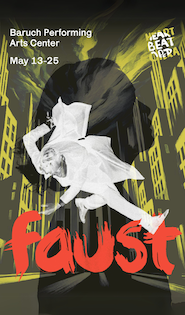
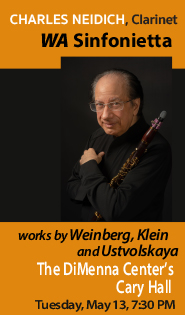

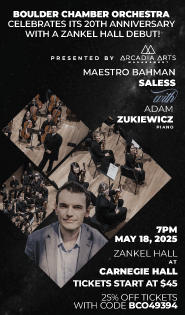
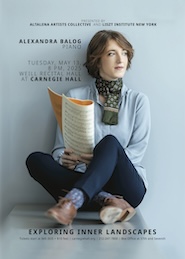
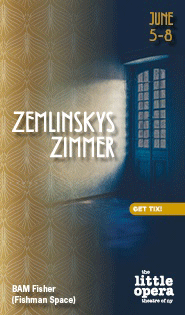
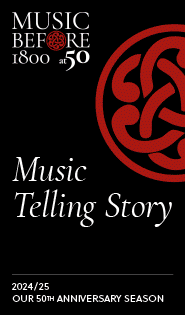
Posted Sep 28, 2017 at 2:40 pm by Virginia M Lewis
Congratulations Kathryn!
Exciting to read this review! Bravo!
Saw your debut in ‘The Magic Flute ‘!
I love following you & your amazing
travels. Fun to know you come from
Niantic, CT. Love from here! Ginny
Posted Sep 28, 2017 at 8:49 pm by Gail
Wonderful review, Katie. Can’t wait to see it on the 14th on HD
Posted Sep 28, 2017 at 8:55 pm by Linda Thomson
BRAVO, Katie. Another brilliant review. We hope to catch another performance sometime soon.
Posted Oct 02, 2017 at 5:04 pm by Piet
Words fail me after such a review. I mean, what can you add to that?
There is no other way than experiencing it your self.
Ever since Aix en Provence, there is no other means than watching and listening live! Xing my fingers to finally reach this goal … sometimes again!
Posted Oct 14, 2017 at 6:04 pm by Mary G. Johnson
Just returned from a cinema broadcast of The Magic Flute. A magical evening.
Loved Papageno.
Thank you to everyone.
Posted Oct 14, 2017 at 9:32 pm by Dorothy H Benedict
Just wonderful, absolutely wonderful
Posted Oct 14, 2017 at 10:42 pm by Ann
Ms. Lewek’s Queen of the Night was equally supersonic with the Houston Grand Opera recently and has no doubt been so in each of the 17 productions in which she’s appeared. In the Met broadcast it even surpassed what I was anticipating.
Posted Oct 15, 2017 at 4:56 am by Karen Archer
Saw the production on live relay last night in the middle of England and thoroughly concur. Ravishing blend of performance, music and stage artistry. Just wonderful
Posted Oct 15, 2017 at 6:30 pm by QB
So many opera comedies just aren’t funny to modern audiences due to language and context. But this opera and production really shine. I recommend this production to everybody.
Lewek has all the high notes without any doubt but that long phrase of rapid notes required for “O zittre nicht, mein lieber Sohn” gave her a bit of trouble.
Posted Oct 29, 2017 at 10:05 pm by Elena
Watched this extraordinary perfomance live at a theatre in Chilliwack, British Columbia. My daughter’s professor from TWU in Langley asked them to watch it in order to write an essay.